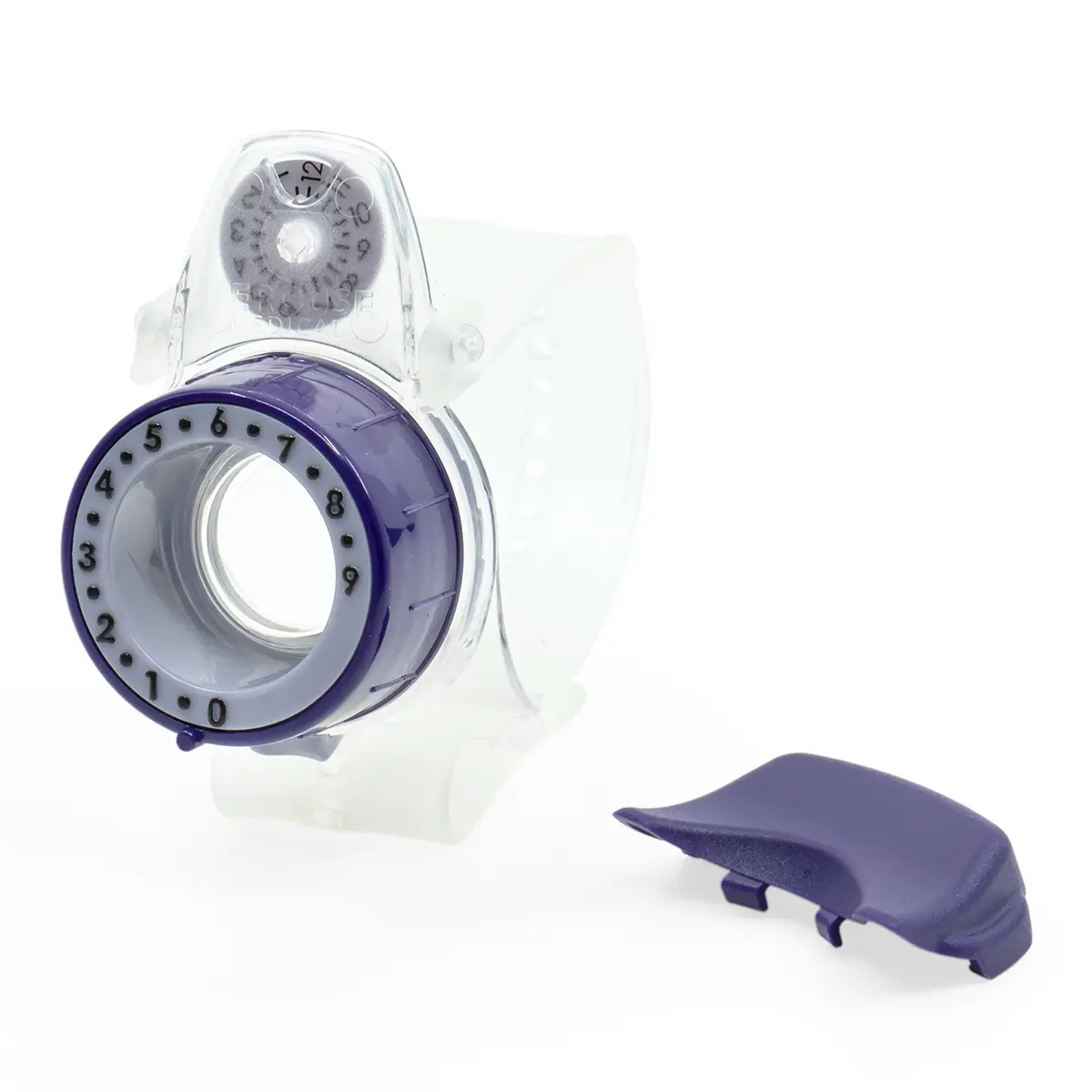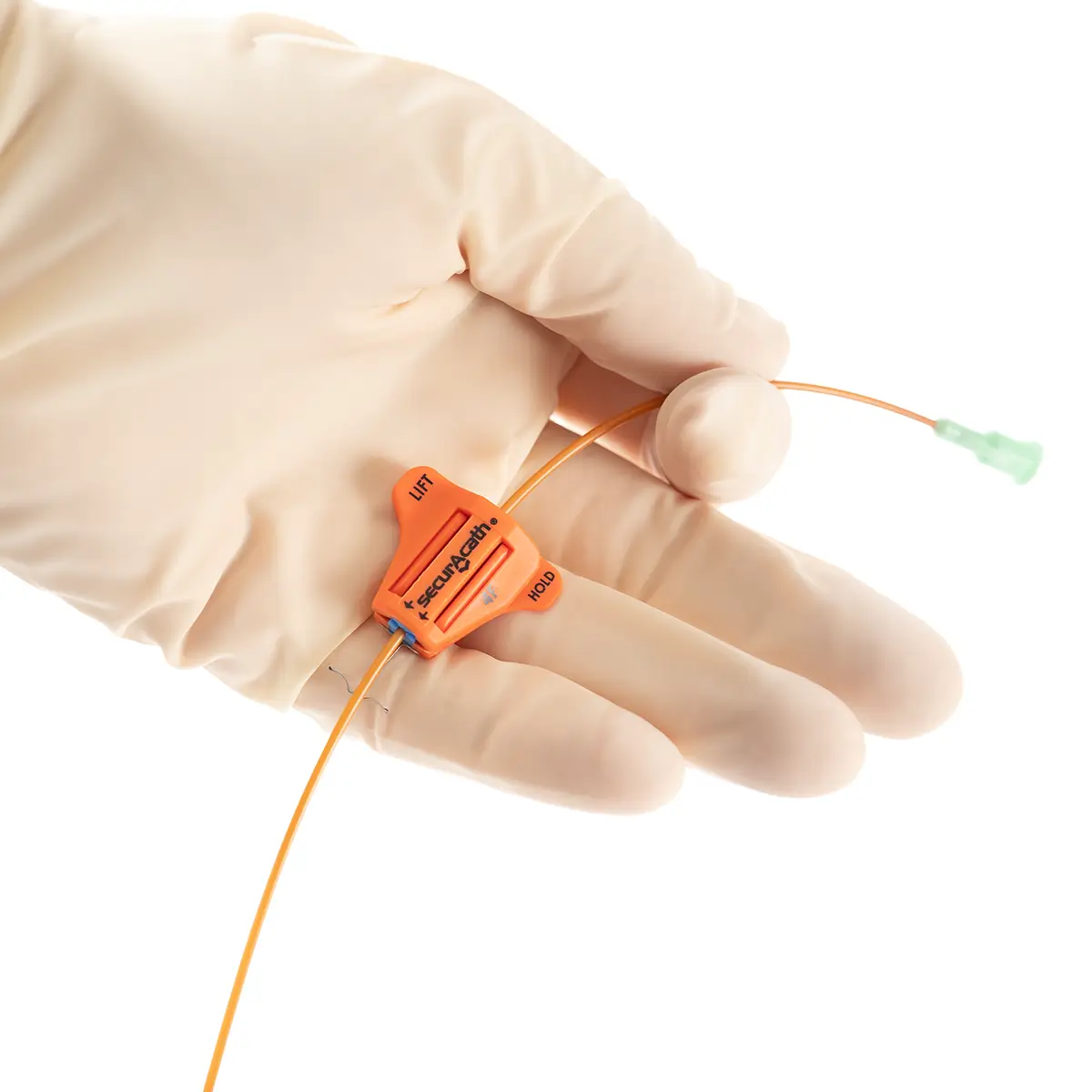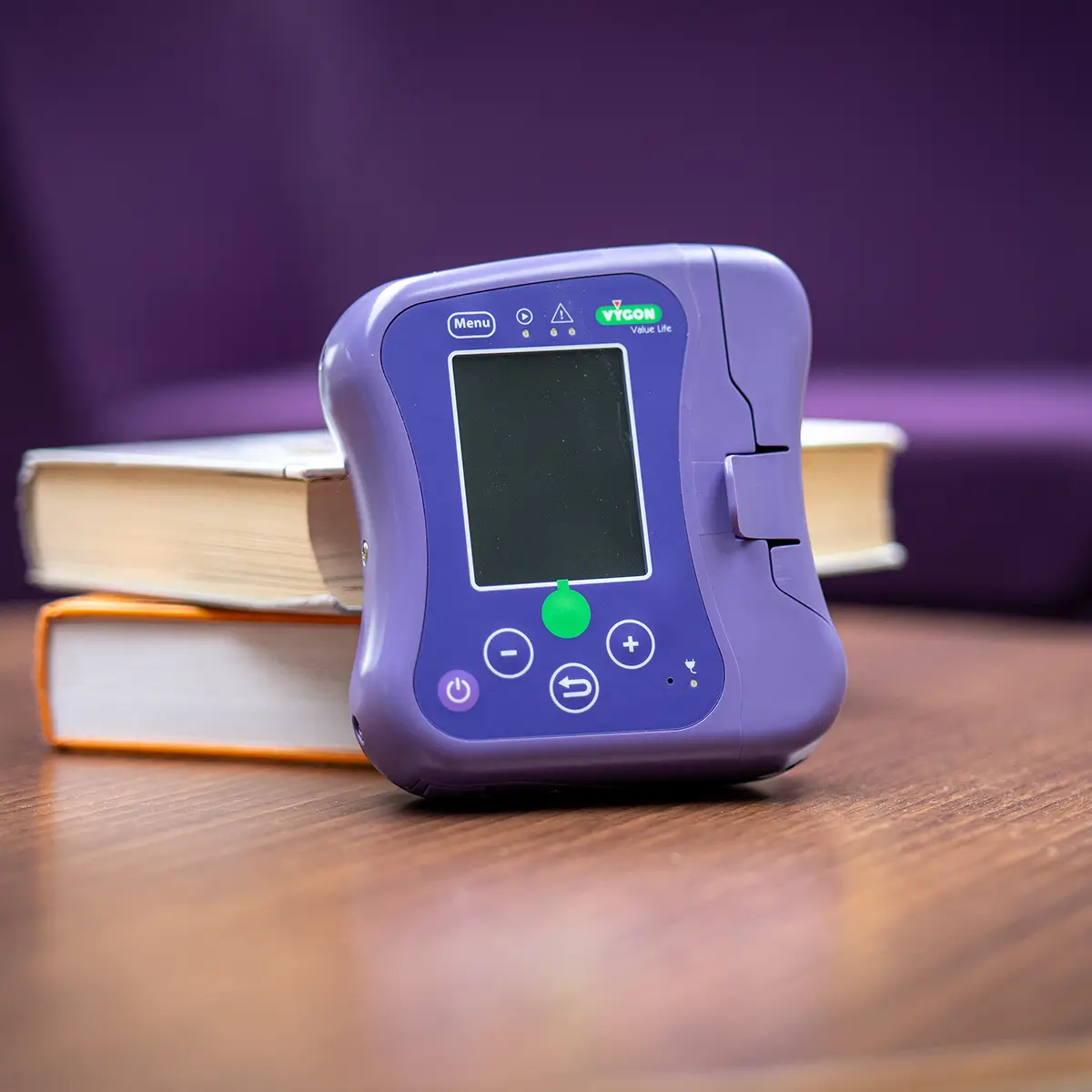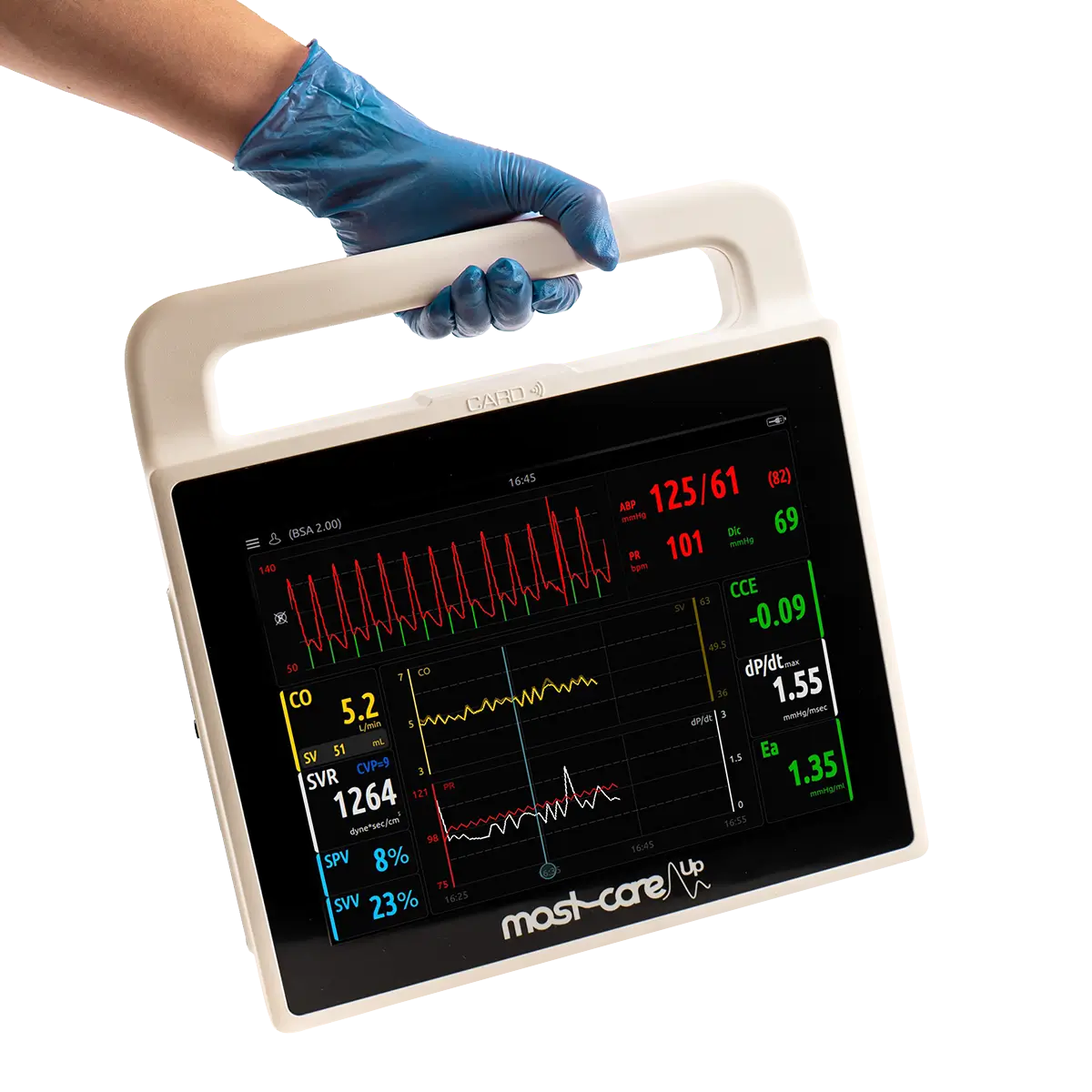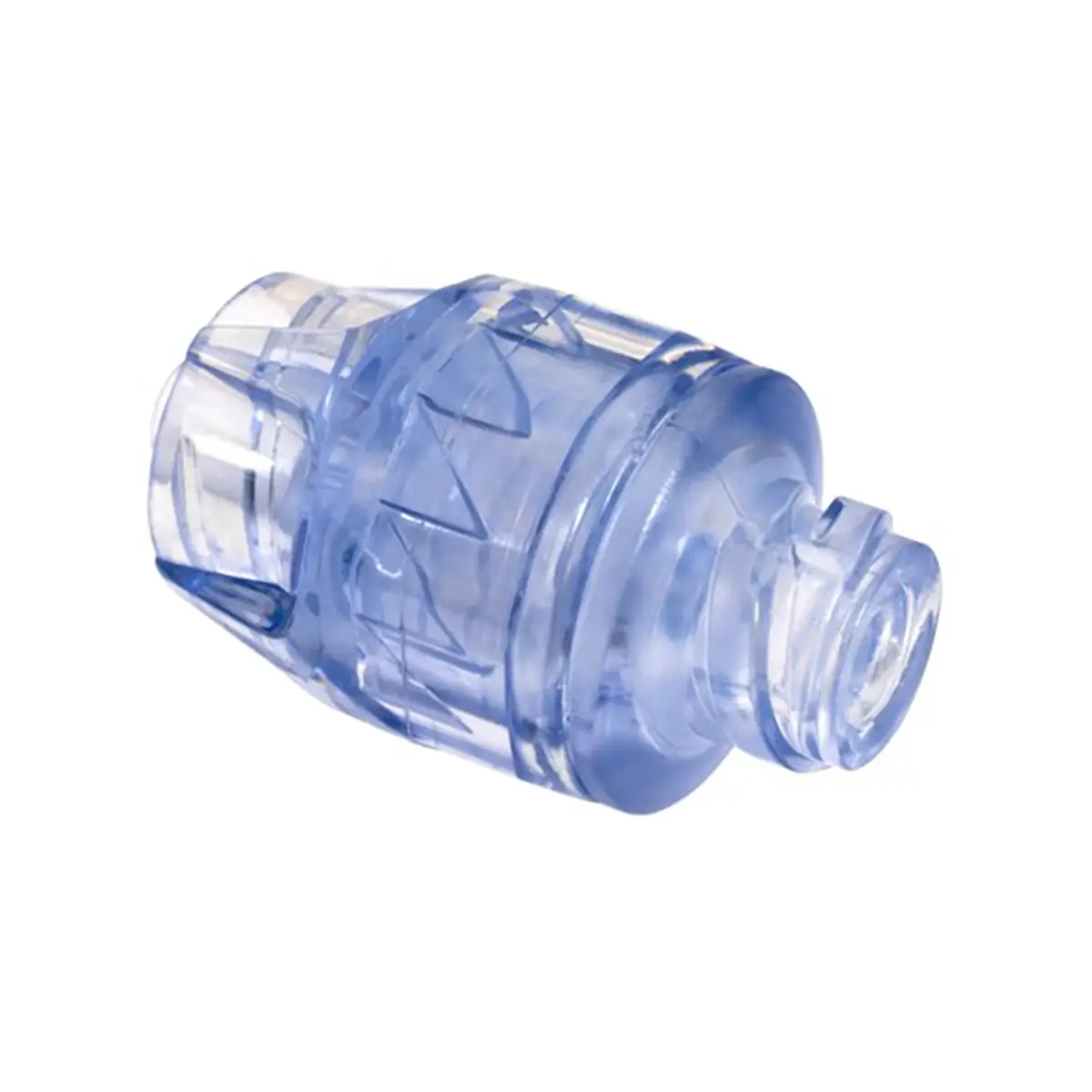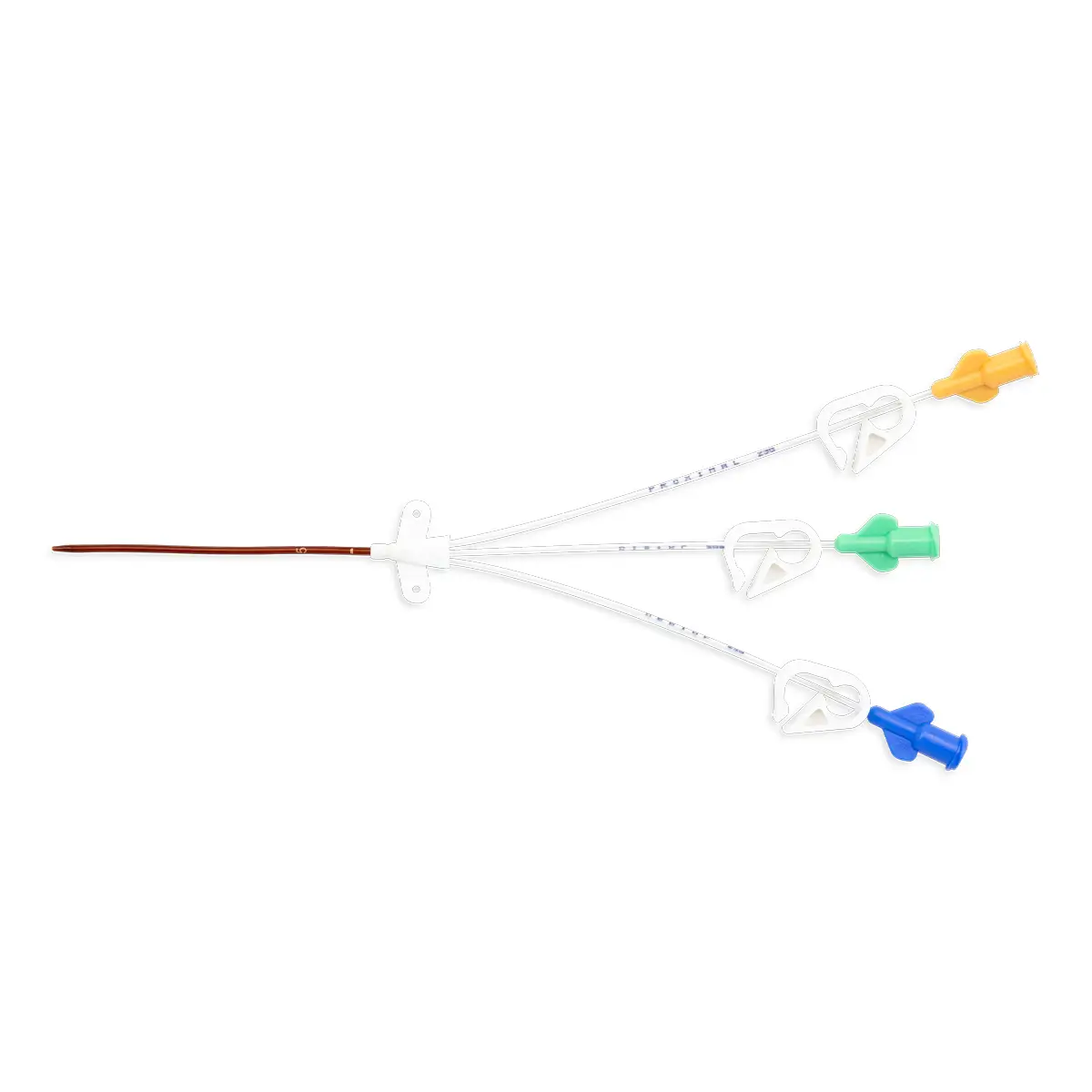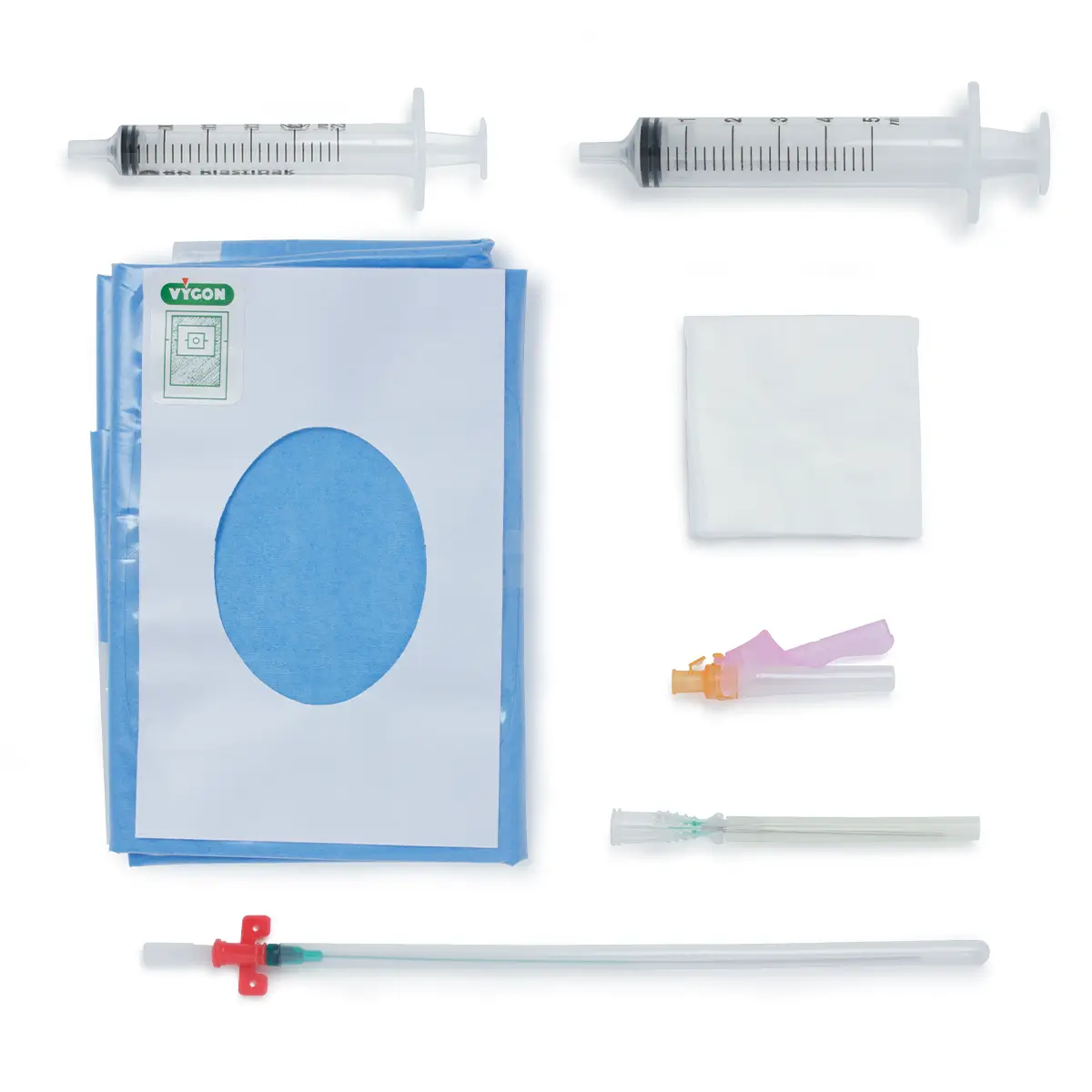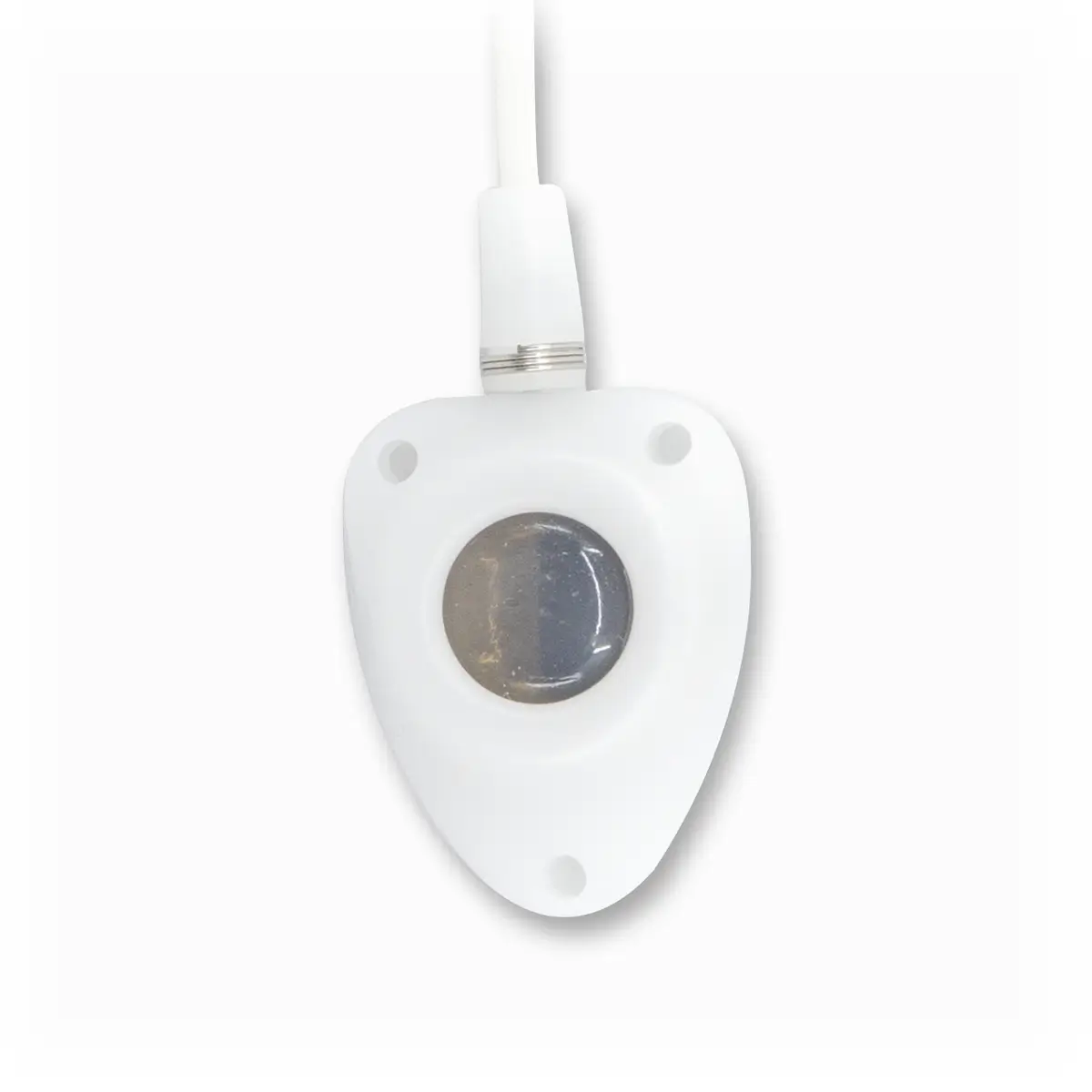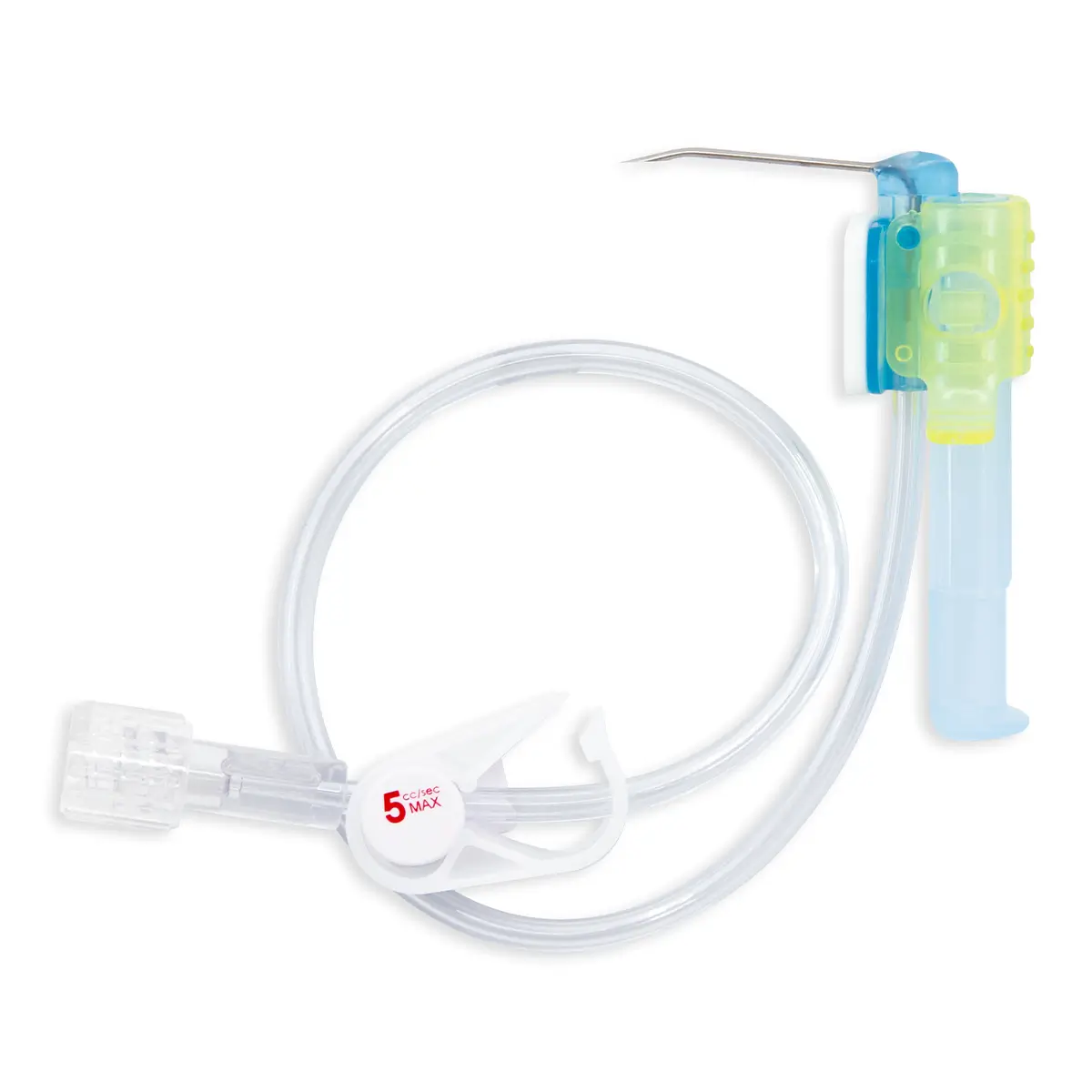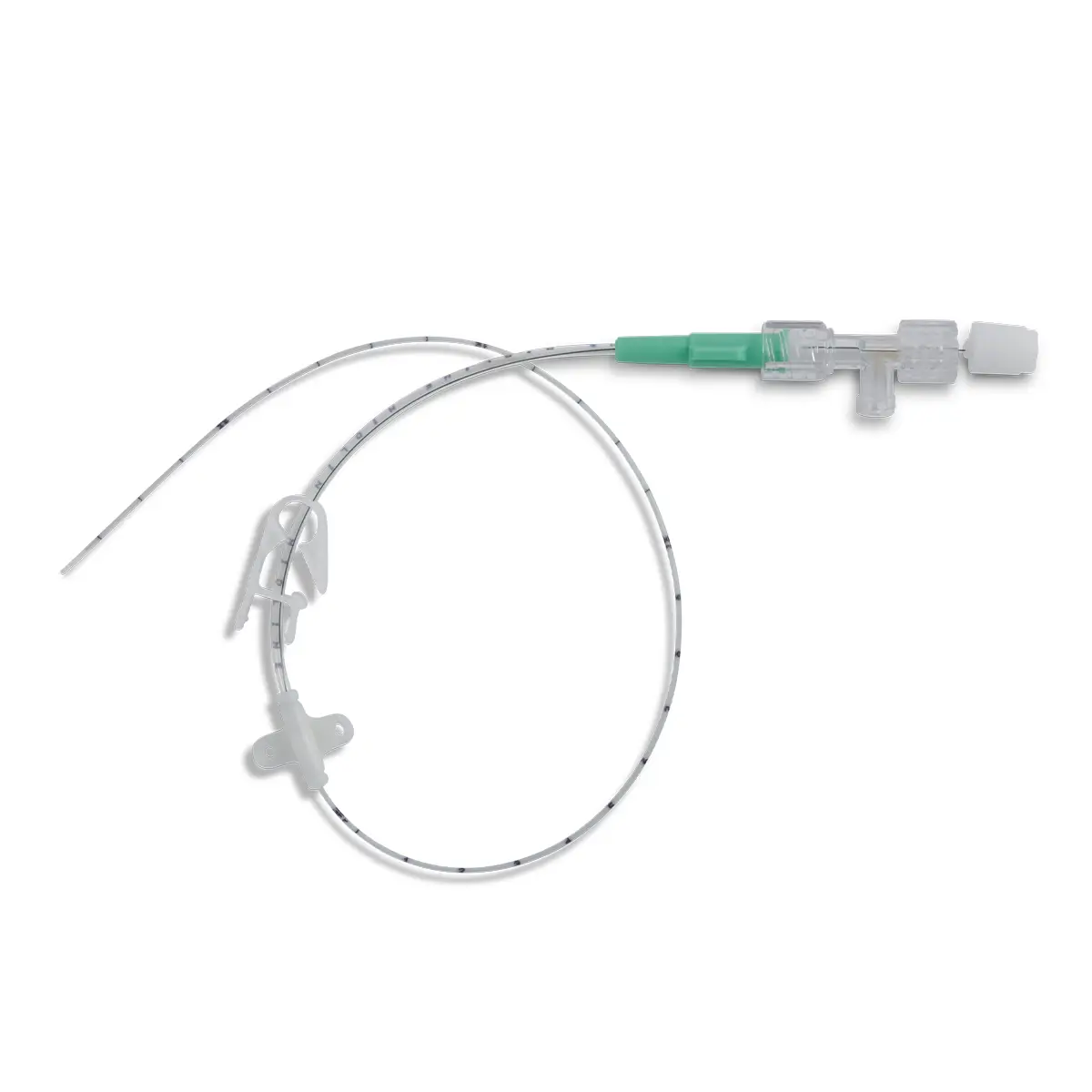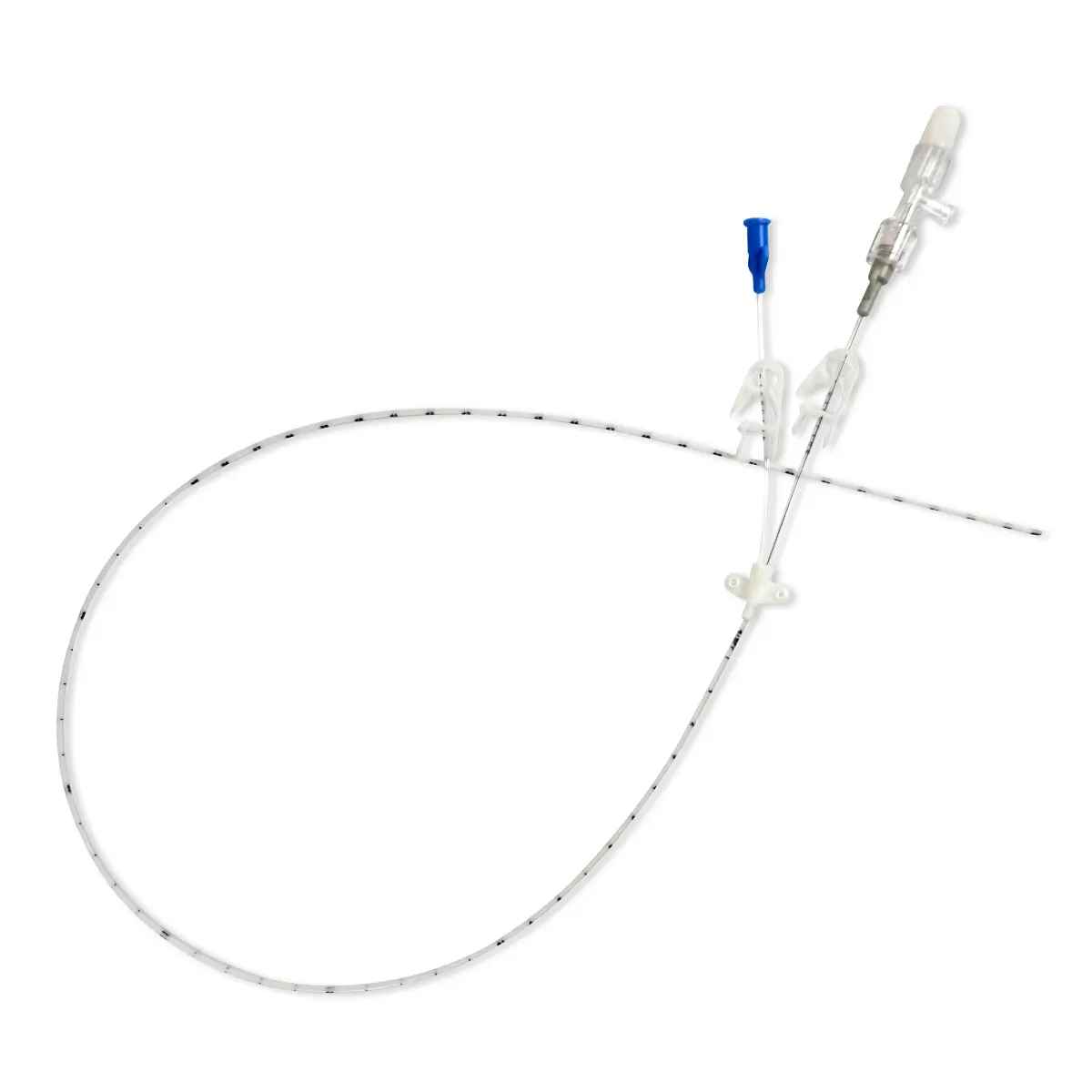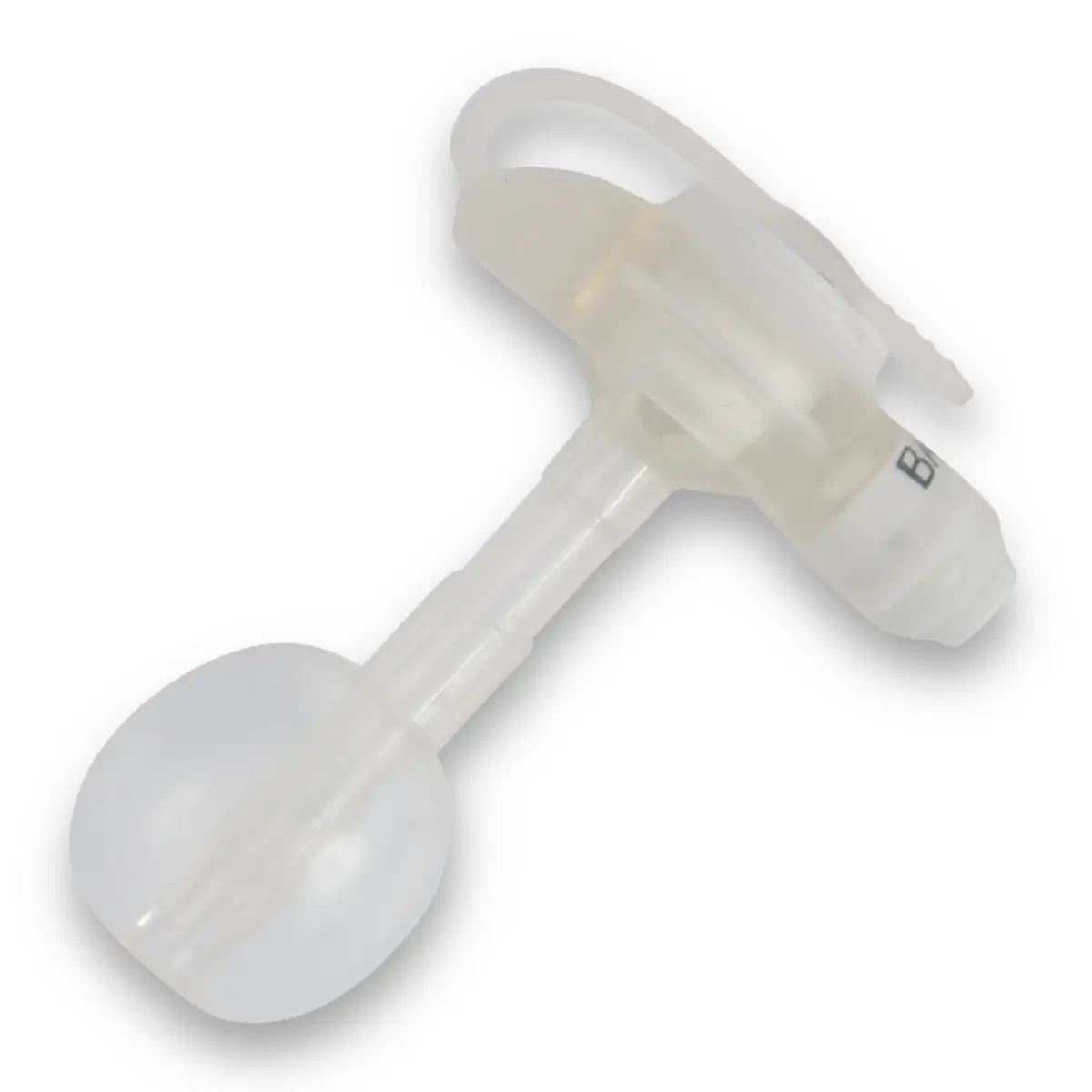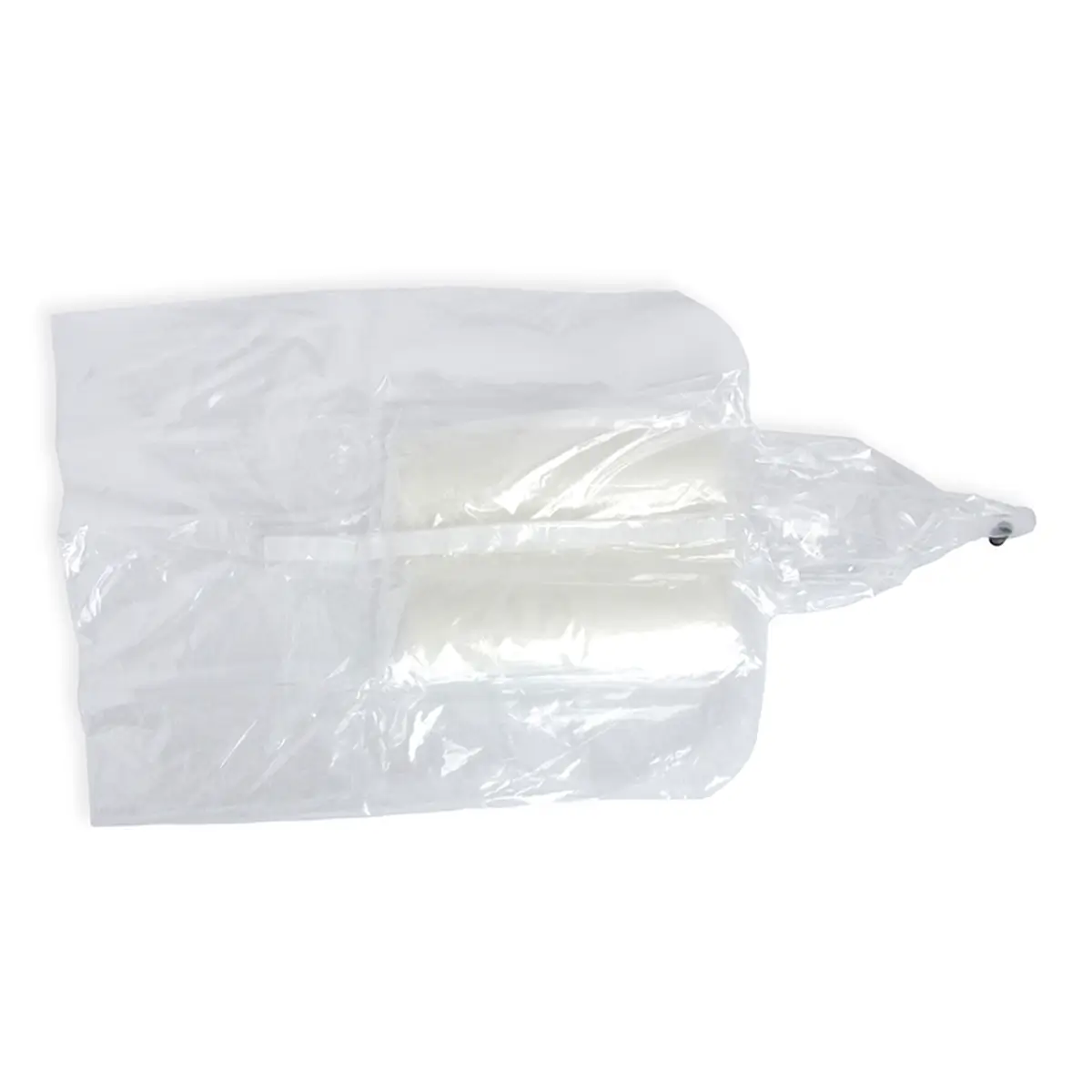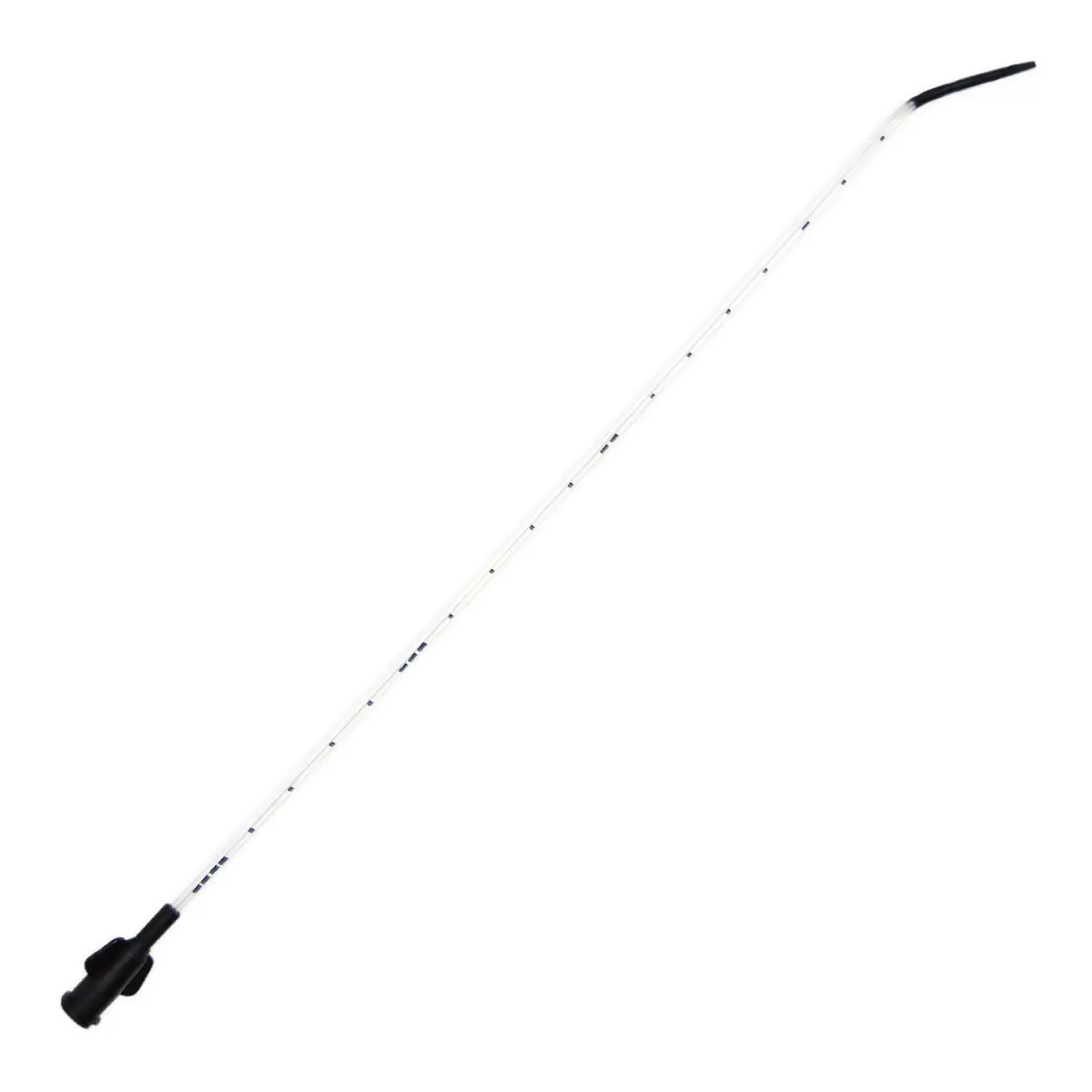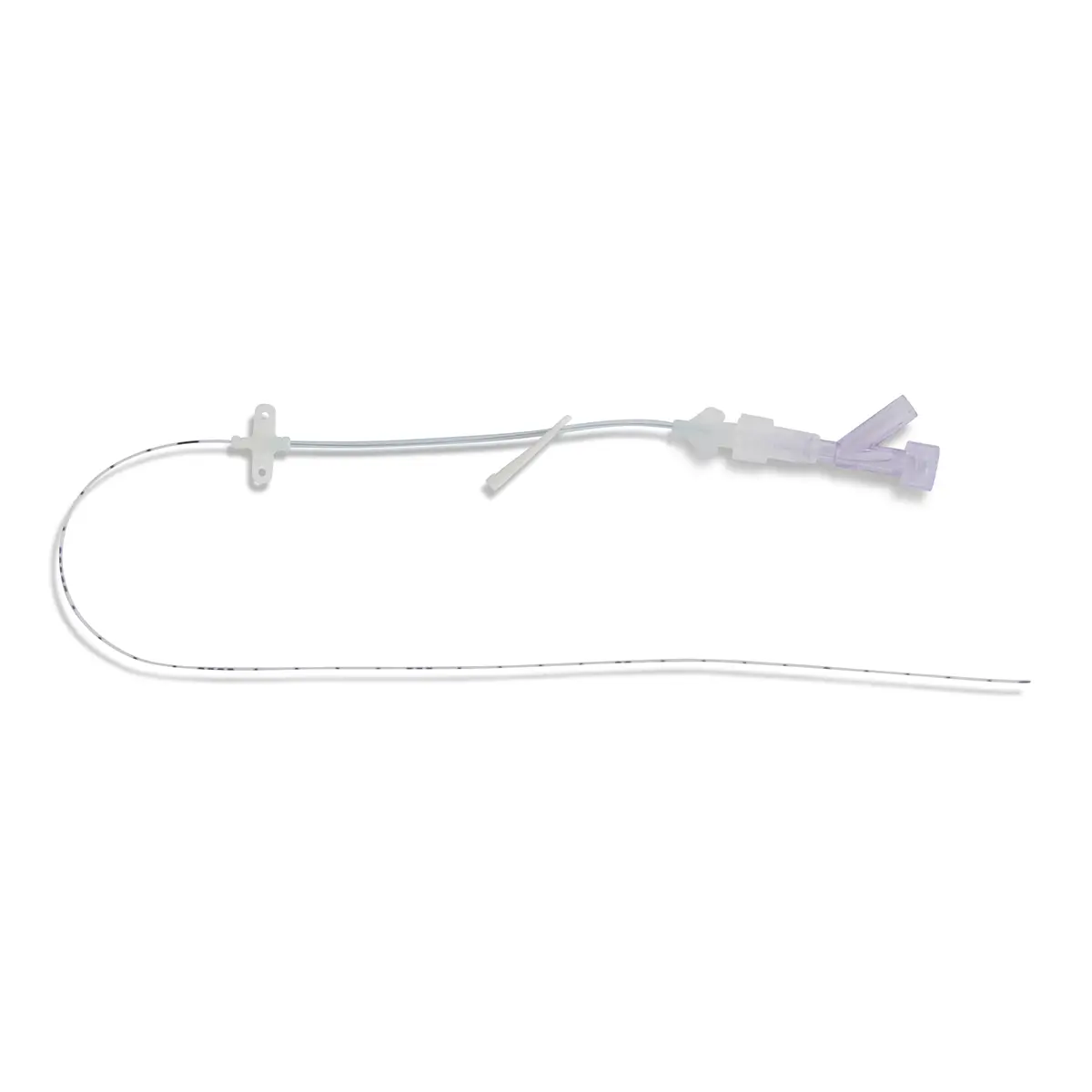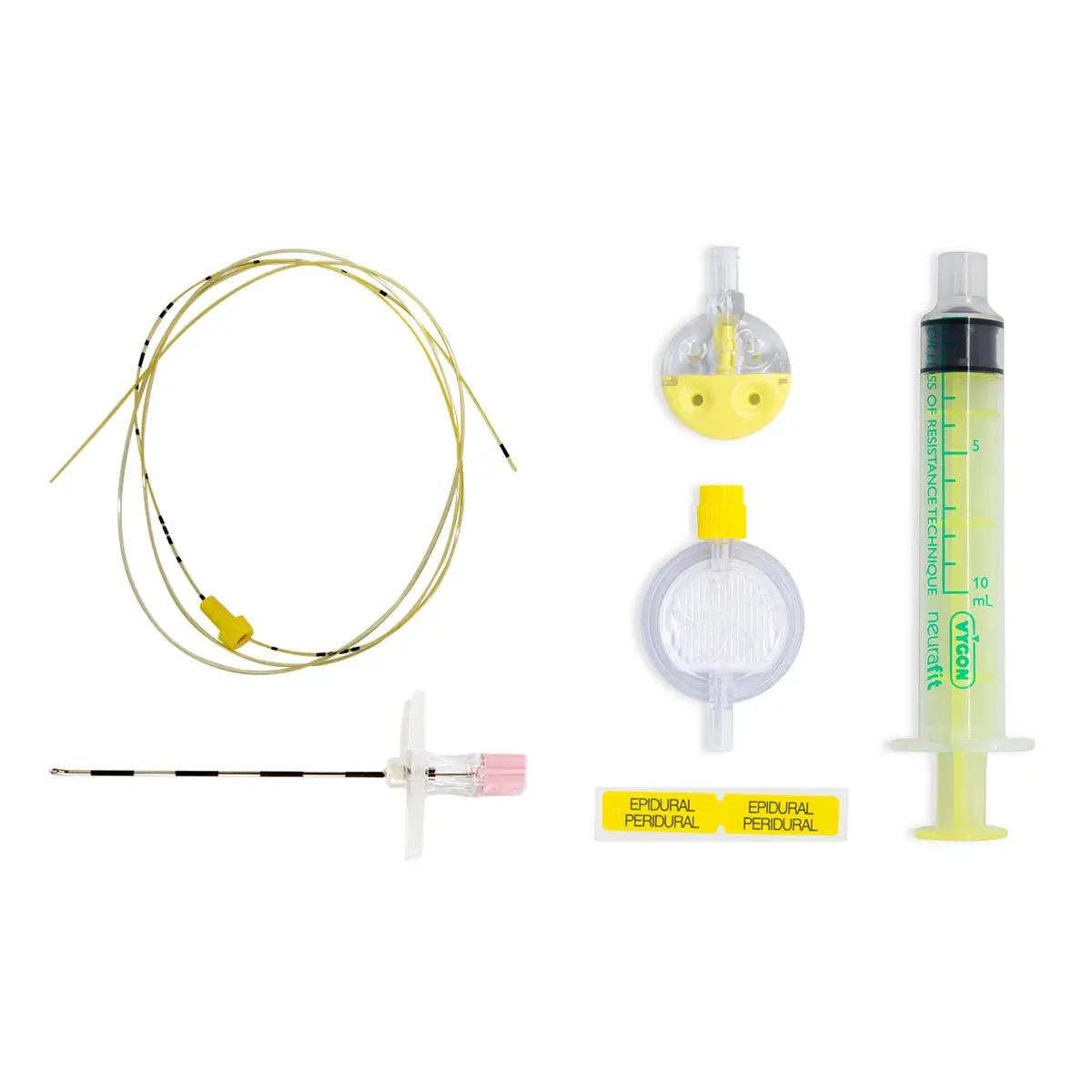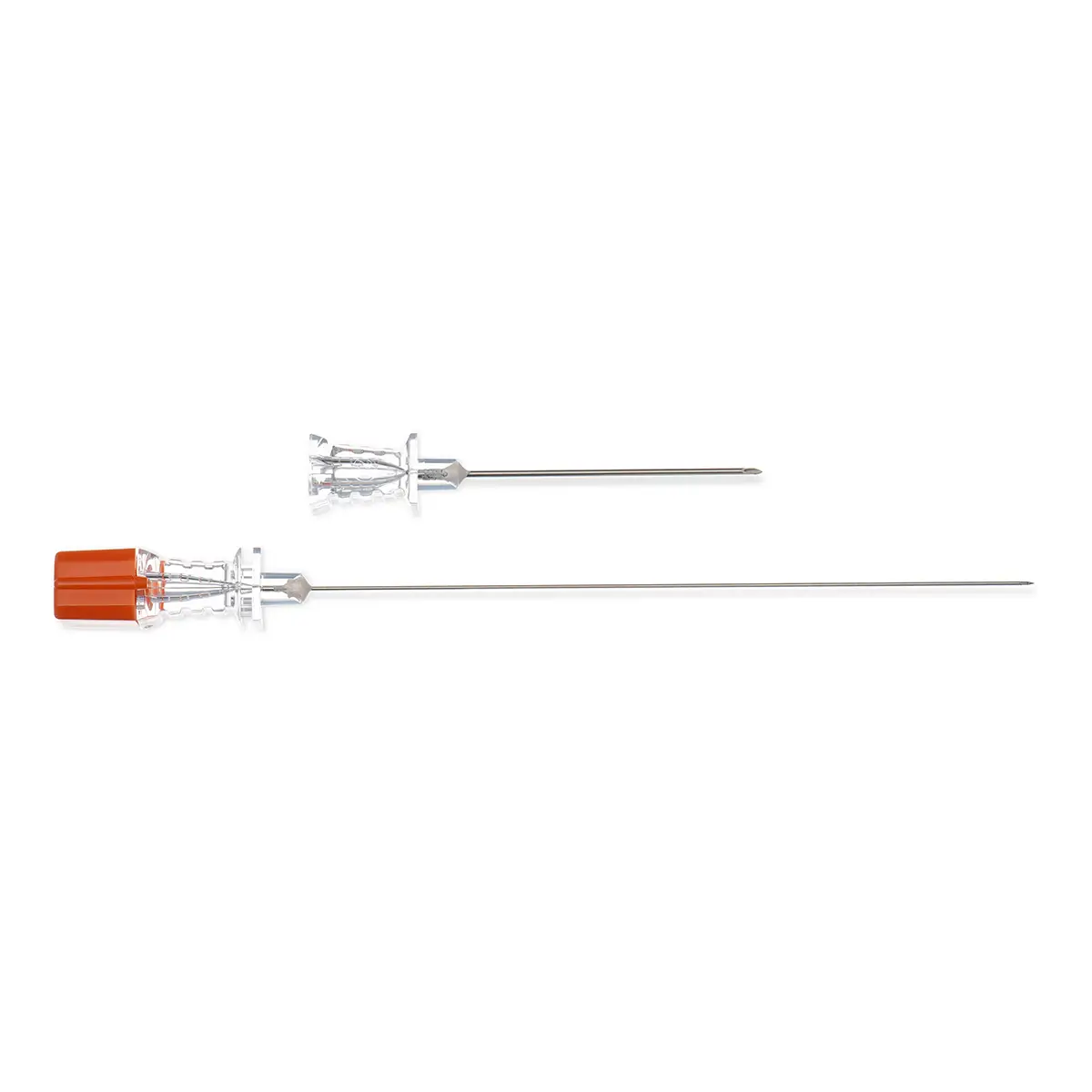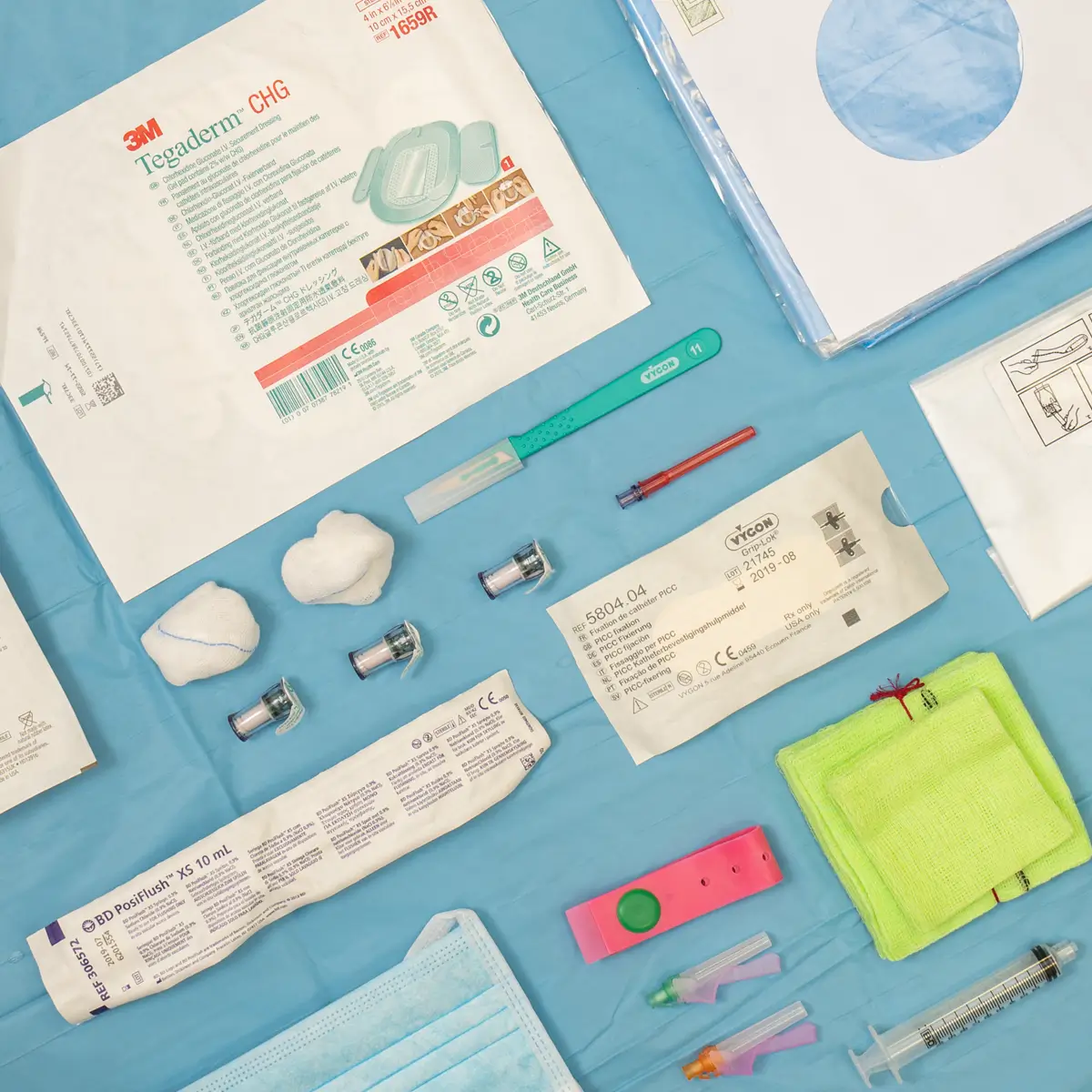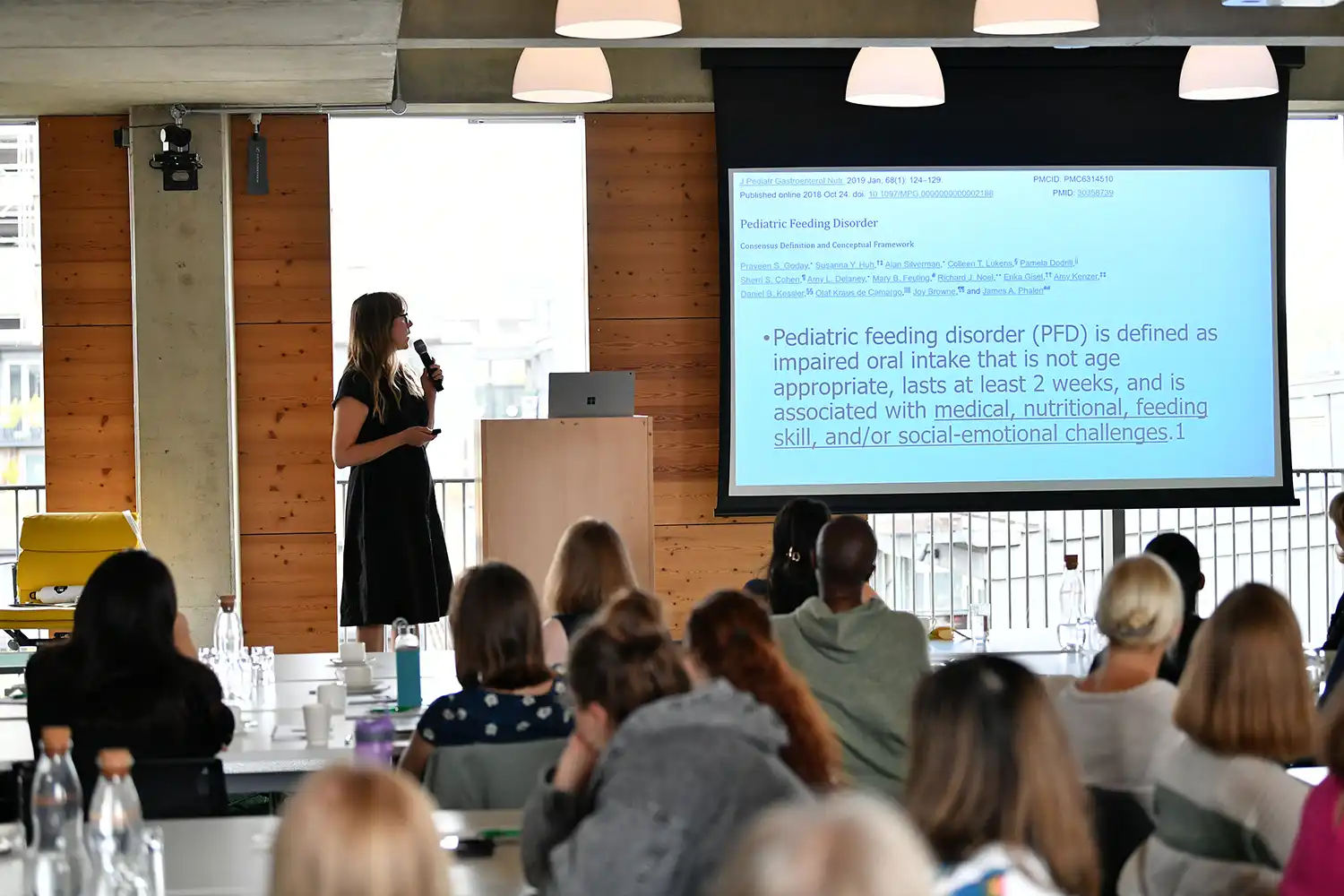Prestigious awards scheme recognises Vygon’s market leading medical technology for enabling virtual wards

Virtual care, including remote monitoring and virtual ward models, has proven to reduce hospital length of stay, while encouraging patient self-management and autonomy. The need for this kind of approach was accelerated by the pandemic, and to effectively deliver hospital-at-home services, NHS Trusts have increasingly looked to private sector organisations to lend their expertise.
Vygon has played an important role in supporting the NHS, with a legacy across five decades supplying vital, lifesaving medical devices and introducing cutting-edge technological solutions to hospital wards and operating theatres. Its efforts were recently recognised, with Vygon named a finalist by the Health Service Journal’s partnership awards scheme, acknowledging outstanding dedication to improving healthcare and effective collaboration with the NHS.
Following a thorough judging process, Vygon achieved a coveted shortlisting as a Virtual Care Project of the Year, for demonstrating how one of its devices has improved patient outcomes, reduced clinical hours and saved money for three separate NHS Trusts.

Shortlisted for the inaugural Virtual Care Project of the Year award, the Vygon team attended the HSJ Awards in London.
Pictured are, front, from left to right: Jackie Hammond, Clinical Nurse Lead and Service Improvement Manager at Medway Maritime Hospital; James Cunninghan, Business Development Manager, Intravascular Therapies at Vygon UK; Laura Masson, Advanced Pharmacist – Ambulatory Care, Oxford University Hospitals Trust; and Sophie McGlen,
All about Accufuser
The Accufuser elastomeric pump is being used across the NHS to successfully aid virtual care. This portable device is specifically designed for the simple, safe and accurate delivery of continuous flow infusions over a sustained period, with the stable elasticity and flow through the silicone container ensuring that the correct amount of medicine is administered.
The single use infuser is convenient, easy to carry, and does not restrict daily activities, and can be attached to a central venous access device (CVAD) and peripheral IV lines without the need for additional electronic devices or tools.
Accufuser is available in four sizes and is suitable for a variety of treatments and therapies, including antibiotic infusions, pain management and chemotherapy. Core benefits include:
- Easy to use
- Portable, for better ambulatory care
- Suitable for longer term infusion treatment
- Integrated UV protection for improved medication stability
- Suitable for antibiotic therapies, chemotherapy, and pain management.
The technology is returning positive outcomes for patients and NHS staff, all while supporting NHS virtual wards objectives.
Support for heart-failure patients in Wales
For six years University Hospital Wales (UHW) has championed offering infusions at home for suitable heart failure patients who are at end-of-life, with support from district nurses who managed daily treatments via 24-hour syringe drivers. Due to expense and staffing, this was previously only available in 10-15% of cases.
During a 12-month pilot, with 12 heart failure patients, Accufuser delivered furosemide infusions over a seven-day period instead of 24 hours. Pre-prepared by the pharmacy for extended stability, Vygon collaborated with both the hospital pharmacy and Supportive Care Service (SCS) to establish pump volumes, flow rates and constituents that would allow the system to work.
It delivered the following benefits:
- Reduced fluid swelling in the arms and legs of patients (peripheral oedema level of at least 1 point)
- Less pain intensity and breathlessness reported (a visual-analogue-scale score of 2).
- Mitigated need for daily syringe driver replenishment
- Reduced incidence of site reactions (reduced infusion concentration and improved aseptic preparation)
- Minimised risk of drug errors associated with daily dosing
- Preferred place of death for 100% of patients
- Patients maintained a semblance of ‘normal life’, due to weekly instead of daily pump changes.
Fewer nurse visits resulted in financial savings of over £1,500 per patient, a reduction of district nurse time by 104 hours per patient (1,248 hours in total), and a positive carbon impact as a result of fewer trips to and from patients’ homes. Infection prevention and control also improved because of reduced contact time.
Improved patient experience in Oxford
Intravenous (IV) antibiotic therapy is regularly given for a wide variety of moderate to severe infections. This is often administered as a bolus in hospitals on a four-hourly basis. Working with the clinical and procurement teams at Oxford University Hospitals (OUH) - a world-renowned centre of clinical excellence and one of the largest NHS teaching trusts in the UK - Vygon successfully piloted fresh fill elastomeric pumps as a means of enabling selected patients to receive IV antibiotics at home. This facilitated earlier discharge and reduced hospital admissions by enabling patients to be treated at home with a once daily home visit by the Acute Hospital at Home (AHAH) nursing team.
The former process for treating patients with IV antibiotics required patients to be admitted to hospital to receive infusions three to four times per day for seven to fourteen days, depending on the nature of the infection.
During a trial, 86 patients were treated using Accufuser, whereby the device was filled with the antibiotic on site, allowing patients to start their infusion and be discharged from hospital in the care of the AHAH team. This reduced prospective bed days, promoted antimicrobial stewardship and increased patient satisfaction.
Results included:
- A total of 1,143 bed days were released, equating to cost savings of £360,410
- Patients’ daily activities weren’t restricted, resulting in improved patient experience and satisfaction
- Efficiency of the AHAH team increased as a greater number of patients could be managed due to fewer home visits.
A review of the Trust’s data suggested that 200 – 250 patients per year who were receiving IV antibiotics as an inpatient could potentially benefit from earlier discharge with an elastomeric pump, with the possibility of releasing 2,000 bed days annually. This is based on an average of each patient receiving 10 days of IV antibiotic treatment at home. The financial impact of releasing 2,000 bed days, based on OUH net saving of £315.32 per patient per day, would equate to a notional financial benefit of £630,640.
Outpatient Parenteral Antimicrobial Therapy in Gillingham
The Surgical Medical Acute Recovery Team (SMART) at Medway Maritime Hospital in Gillingham began using Accufuser for its Outpatient Parenteral Antimicrobial Therapy (OPAT) pathways from October 2021, to deliver medication at the correct dose and rate.
The device was paired with remote monitoring technology, allowing staff to keep track of patients’ vital signs while they remained at home.
Prior to embedding Accufuser into treatment plans at Medway, the SMART team was unable to accept referrals for patients who required IV antibiotics frequently during the day. It was not possible to care for them via a virtual ward due to the 8am to 6pm working hours of the team and a reduced workforce to administer the drugs as needed.
During the first 10 months of using Accufuser, 35 patients were treated on Medway’s virtual ward using the device, avoiding 496 bed days in hospital and saving the NHS almost £160,000.
The use of innovative medical equipment to enable patients to receive care in their home environment is vital for their experience, but crucially, it is a key national priority, which all NHS Trusts are tasked with delivering. The implementation of Accufuser has contributed to this service, with great results and a positive impact across the board.
To find out more about the Accufuser visit: www.vygon.co.uk/product/vascular-access/elastomeric-pumps/accufuser/

